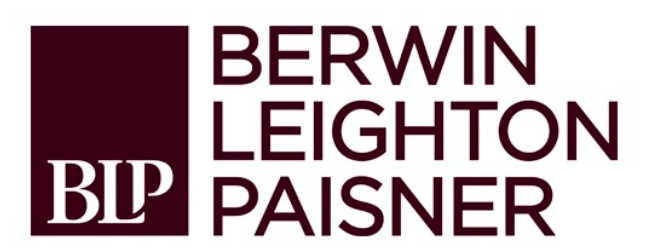
London-based law firm, BLP, which is merging with US firm Bryan Cave, has claimed what it believes to be a first for the English legal system by utilising machine learning predictive coding ‘through to full trial’, in what could be a watershed moment for the technology in the UK.
While predictive coding has seen wide use in the US, in the UK its use has remained limited, in which case, the broader use of the technology by BLP (office pictured above) in this matter could encourage far wider adoption across what is the world’s second largest legal market.
The firm added that it had used the Ringtail e-discovery software suite, provided by global business advisory group, FTI Consulting.
The Litigation and Corporate Risk team at international law firm BLP said they have achieved a successful judgment following a 12 day High Court trial for client BCA Trading (BCA) in a case where it utilised predictive coding to conduct a substantial document review exercise.
The move follows an earlier important step when BLP secured the first English court order allowing the use of predictive coding in the face of opposition from the other side in the case in May 2016.

‘Using this setup, BLP was able to significantly reduce our client’s costs. Now that the technology has been tested and proven at full trial, and demonstrated benefits in terms of cost and accuracy, we predict that it’s likely to become much more prevalent in commercial litigation,’ he added.
Having represented BCA Marketplace in its £1.2bn reverse takeover a few years ago, BLP continued to act for the client in relation to an unfair prejudice claim brought by a minority shareholder of Tradeouts Limited, a business that BCA had acquired a majority stake in. BLP and BCA were successful on all counts in the judgment David Brown v BCA Trading Limited, which was delivered on Friday 9 March 2018, and the unfair prejudice petition was dismissed.
The judgment relied heavily on the contemporaneous documents, which had been disclosed using predictive coding, said the firm.
BLP added that they are committed to the development and use of artificial intelligence and technology in the legal sector and added that its use of predictive coding is one of a number of applications and platforms used by the firm as part of a wider commitment to providing an efficient legal service to meet changing client needs. BLP has also worked with Opus 2’s Magnum platform for case management and was an early adopter of iManage/RAVN’s Applied Cognitive Engine (ACE) artificial intelligence solution.
The BLP team also included Robin Ganguly, Rebecca Wardle and Alasdair McAlpine. The team instructed Sa’ad Hossain QC and Joyce Arnold of One Essex Court.
BLP also kindly provided a short explainer as to how they define the technology:
‘Predictive coding is machine learning technology that dramatically reduces the cost of the e-disclosure process. Through a process of iterative refinement, the algorithm can reach a level of review accuracy that can be applied across the entire dataset, identifying relevant documents in a manner that is far more efficient and scalable than a traditional document review.’
1 Trackback / Pingback
Comments are closed.